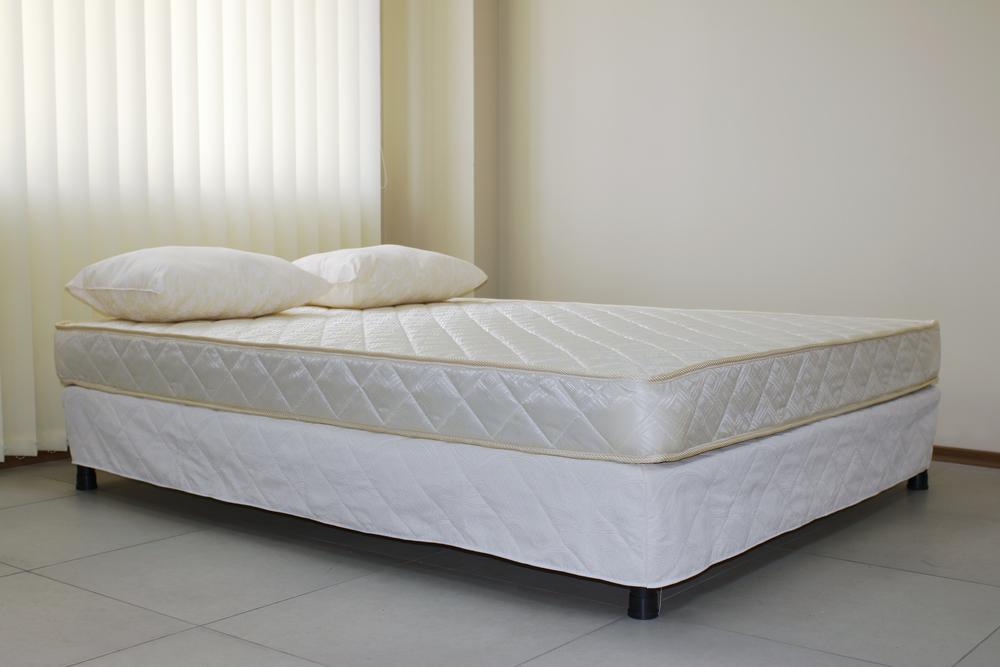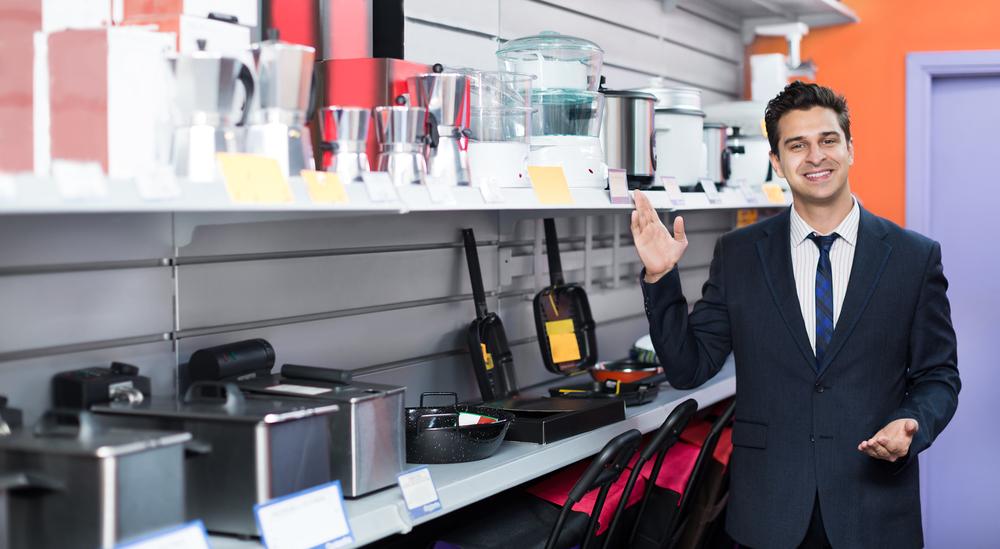How to choose the best rated queen mattress

Choosing the best-rated queen mattress in an attempt to replace your mattress can easily become an exhausting, daunting task. Apart from the fact that there are many variations of queen mattresses that are well rated, the choice of a mattress is very personal and one mattress can be the ultimate comfort for one person while being the cause of a backache for another.
The cost of mattresses can also run into thousands of dollars, depending on the type and category of mattress that is chosen. The category of which a queen mattress is chosen can directly affect the cost of the mattress. However, before paying a huge amount for what seems to be a good mattress, it is important to ensure that one is choosing the best-rated queen mattress.
High-quality materials that are durable for years to come is the most important pre-requisite for purchasing a good mattress since a mattress usually lasts for over a decade and is something that is used every day. But this does not mean that one should keep an eye out for sales, discounts and special schemes while purchasing a new queen mattress. Most offers on mattresses may include free bed accessories like a bed frame, pillows, sheets, duvet covers, etc. It is best to scout out such deals before making a big purchase.
Some factors to consider before purchasing the best-rated queen mattress include:
The support the mattress offers: The core of the mattress is what provides support to the mattress. This is the foundation on the basis of which a mattress may be classified. Air-filled, innerspring, latex and foam are the four most common types of cores that are available in mattresses.
These cores provide different qualities to the mattress. For example, innerspring mattresses offer the bounce that some people like on their beds. The bounce these mattresses offer come from the metal coil springs that can range from 12 (thickest and firmest) to 18 (thinnest and compressible) in dimensions.
A thick gauge provides the support required by heavy individuals. Pocketed coils that are individual and covered with separate fabrics decrease the ripple effect that occurs when a person on the other side of the bed moves, while a thicker gauge support is provided by extra-durable, interconnected coils.
A fiberfill or foam outer layer covered in quilted ticking is a common feature of innerspring mattresses but a thick looking pillow top should not be taken for a plush feel as it does not serve the purpose.
A puffy, very springy layer looks and feels great in the shop, but within a few months’ time, the compression becomes faulty and the mattress does not spring back up as readily as required. For the plush, soft feel, it is advisable to pick a queen mattress that is well quilted and firm, and then top it off with a feather bed or a replaceable mattress pad.
Memory foam base mattresses work well for people who prefer an extra firm base that have a polyurethane core and less of a spring. When someone sits on such a mattress, there is really no sinking or movement past the first layer. The specifications that help determine the quality of such mattresses include the density of the foam and the thickness of the layer of the foam. Usually, 5 pounds per cubic foot is considered to be very high quality, while 3 pounds per cubic foot is on the lower side in terms of density.
Choosing a best-rated queen mattress also depends on the available customizations, although they may cost a little more.

